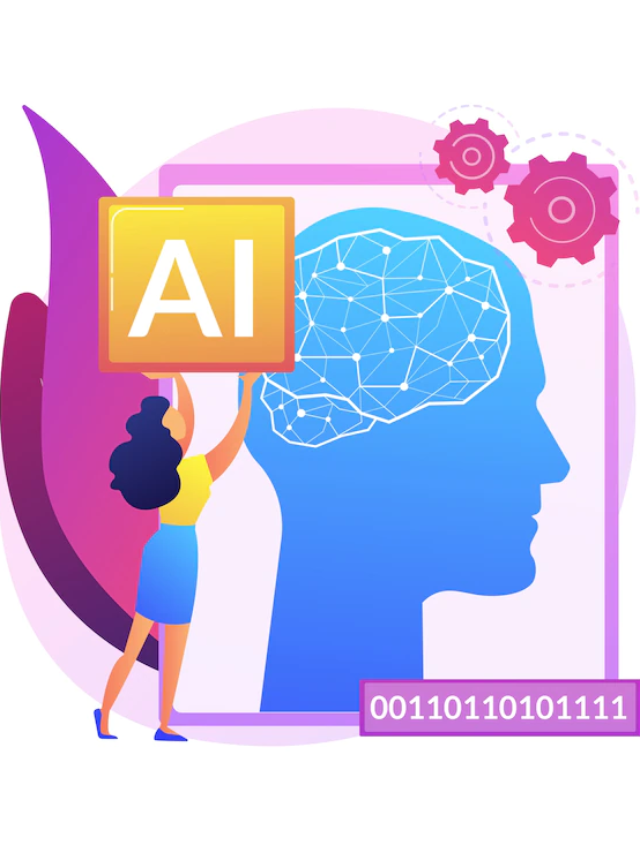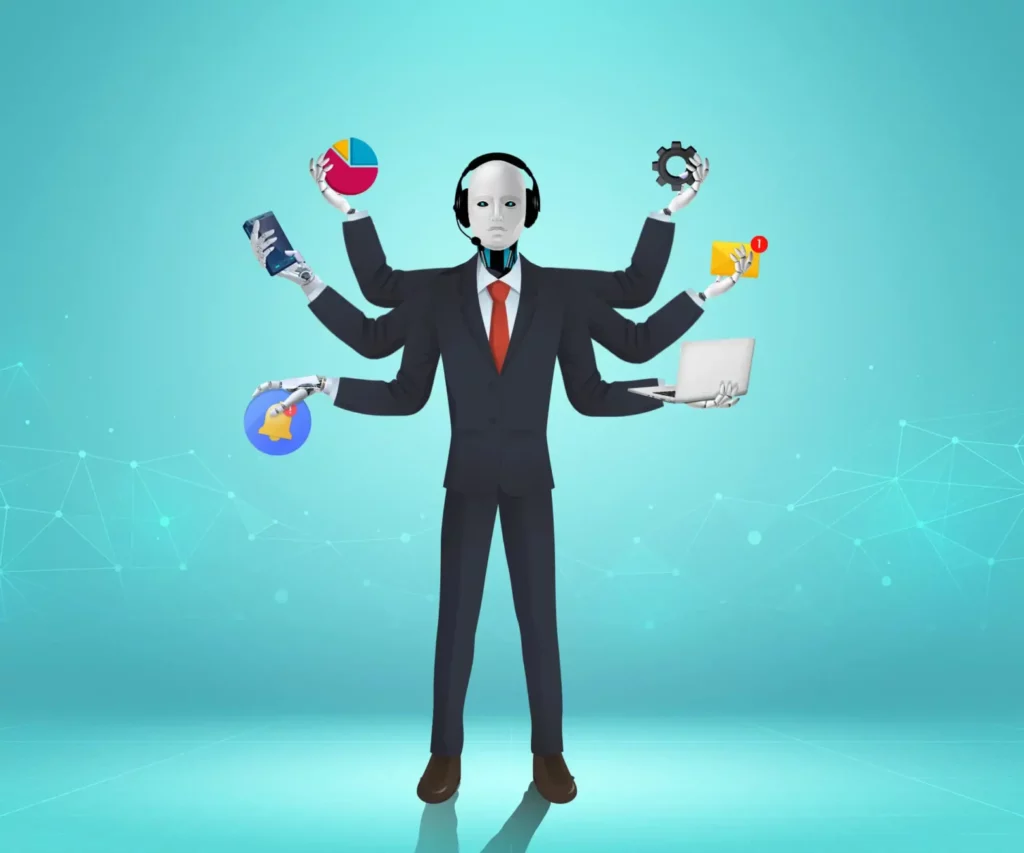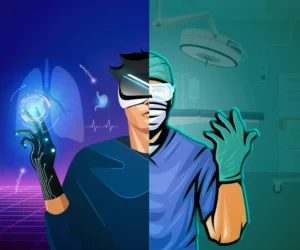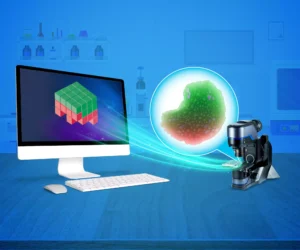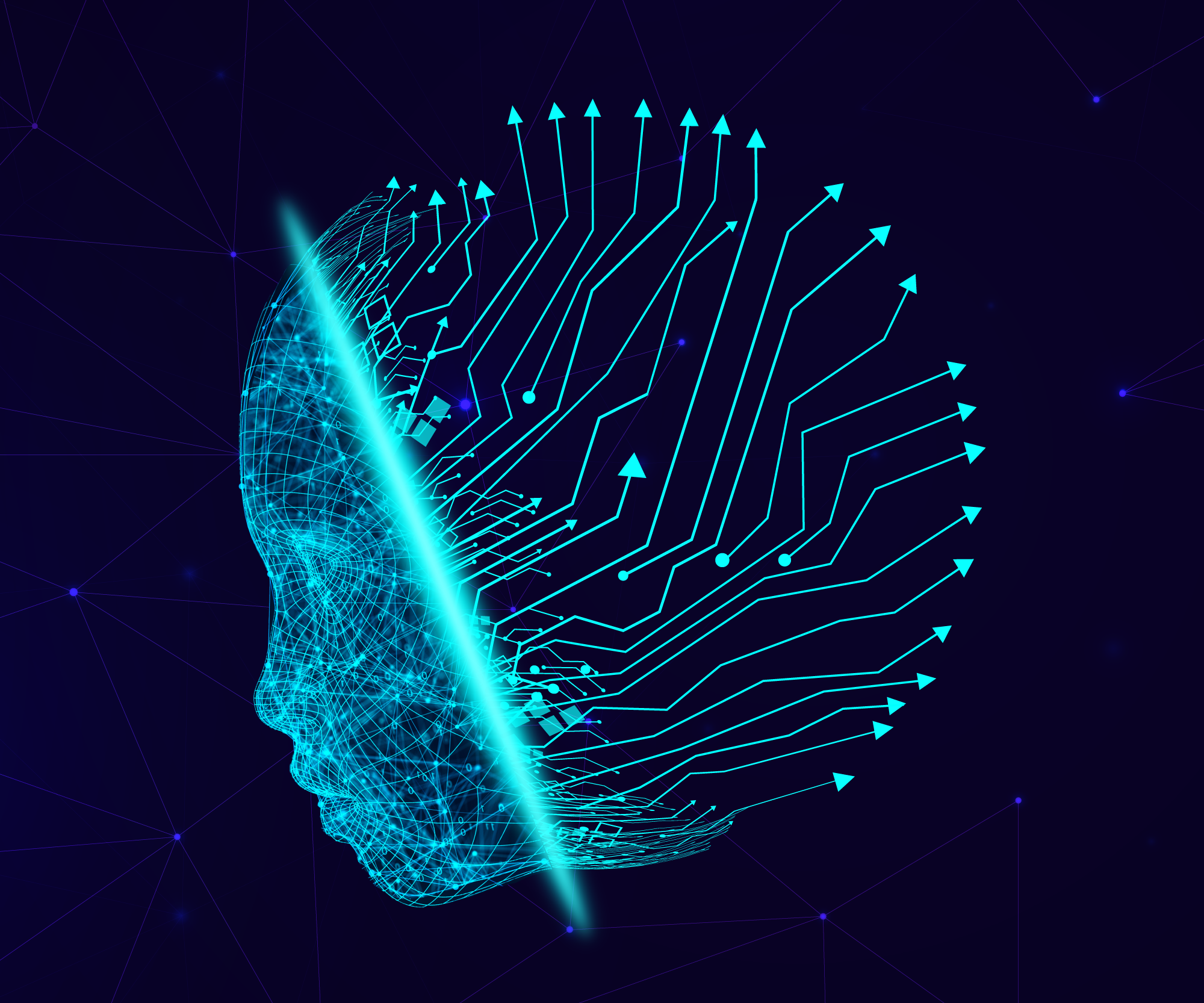
Almost everywhere you look, people are talking about Artificial Intelligence (AI). At the moment, AI has been evolving at a pace unmatched by any other technology. Every month, a new AI upgrade goes viral. Every job today has some aspect of augmentation. And splitting jobs between humans and machines is now an interesting challenge for businesses. 2022 has been a great year for AI as investments in technology have skyrocketed. Companies allocate a significant digital budget to AI and machine learning. The impact of AI, undeniably, is going to increase over time. So let’s examine six significant AI developments and assess their impacts.
1. The evolution of chatbots
AI chatbots can engage in human-like conversations using Natural Language Processing technology. For example, when a regular visitor on a website raises a question via a chatbox, the bot analyses the intent through language and tone. It gives the best possible response as output. E-commerce sites like Nykaa are now inculcating chatbots to deal with their customers 24x7x365—providing a personalised shopping experience to them.
2. Automation and robotics
One of the most remarkable contributions of AI to the modern world is hyperautomation. Because of this workforce augmentation, more and more jobs are now being outsourced to AI. Sometimes, AI can read, write, and comprehend better than humans. As a result, it has freed up time for human aspects like creativity and emotional intelligence to solve problems and make decisions. Mundane and repetitive tasks are taken off our hands by these systems. Automation not only reduces human effort but makes processes cost-effective and efficient. For instance, multinational consumer goods company Unilever saved hundreds of thousands of pounds by instilling automation in its hiring process. The software analyses video interviews sent in by candidates and goes over details such as body language, expression, tone, vocabulary, and so on.
The cost of cognitive labour will significantly decrease, as AI could potentially do 90 per cent of this labour with only one-thousandth of an employee’s expense. This is one of the many significant AI developments that could be transformative for businesses.
3. Creativity, art, and AI
AI’s creative side will only explode in the coming years. Not only can you juggle and create exciting headlines for your blog posts, but AI will help you in creating logos, digital art, and images. Artists can now think of new forms of art that AI can implement within seconds. Talking about NFTs, have you heard of XANA: Genesis? It’s the first-ever AI-based NFT collection. It contains 10,000 unique Japanese Anime Avatars in the metaverse. With all these significant AI developments, who knows what’s coming next?
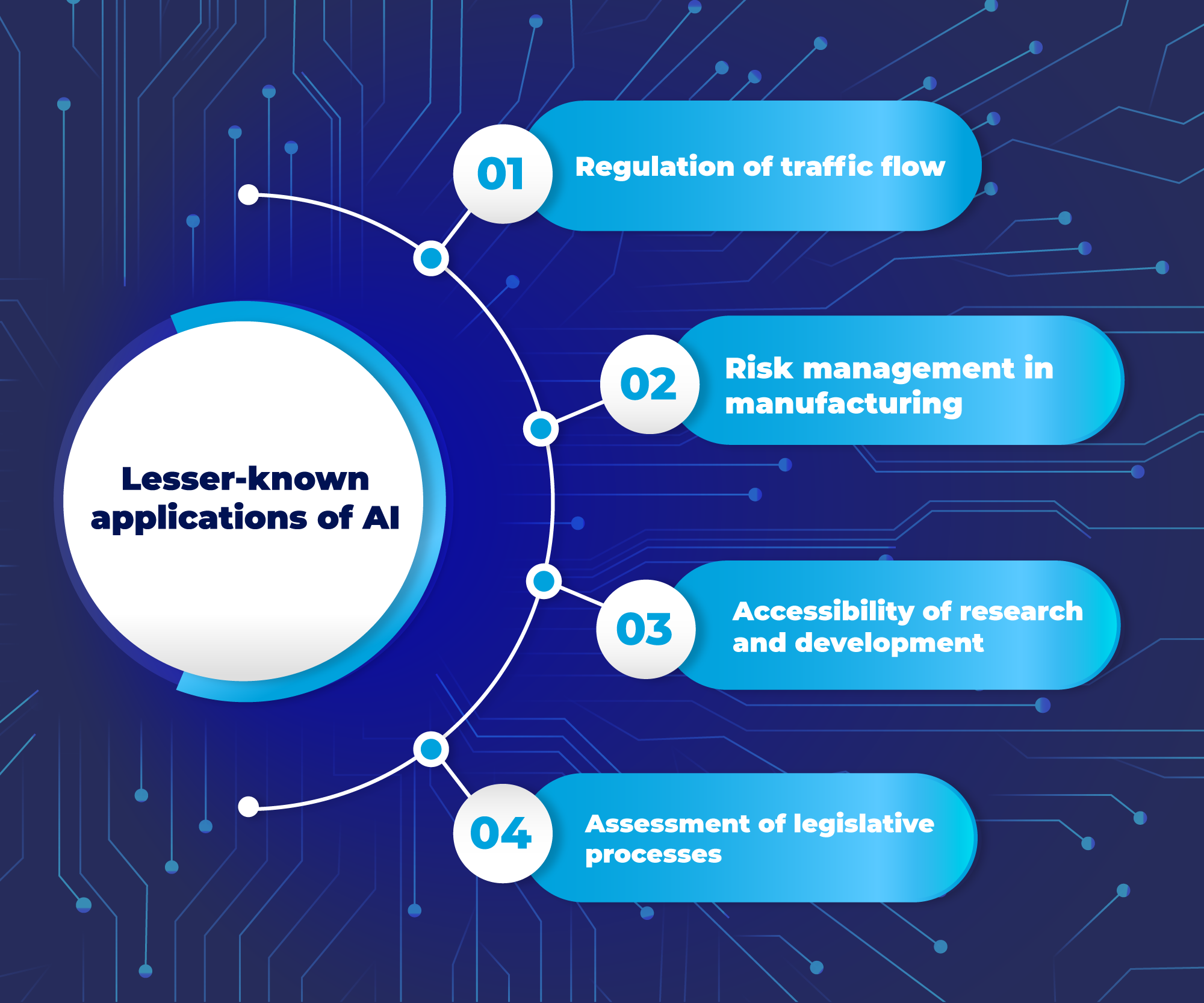
4. Language modelling
Language modelling, in essence, is AI’s capability to determine word probability after assessing the overall text patterns. In the past few years, the developments in AI have led to better language modelling. It is now possible to convert natural languages into computer codes that further create programs. Generative Pre-Trained Transformer 3 (GPT3) by OpenAI is currently one of the largest language models. Furthermore, programs like ChatGPT optimise these language models. All you have to do is give it an initial prompt, and it’ll produce text that continues the conversation. Interestingly, the conversations these systems are having are indistinguishable from human conversations.
5. ‘Low Code’ and ‘No Code’ AI
Back in the day, decent programming skills were a prerequisite to building websites. But now we have easy-to-use website builders like Wix and WordPress that make website building the simplest of all tasks. Similar is the case with AI. The no-code approach helps non-techies build AI systems from scratch. And this is what the democratisation of artificial intelligence is. For example, sway AI is a simple drag-and-drop platform that helps create applications by automating tedious AI operations.
6. AI and science
AI today is an amplifier for humans. The many significant AI developments assist us in adding to the wealth of our scientific knowledge. Earlier, studying astrophysical objects and processes required researchers working day in and day out. Today, generative modelling systems can now classify big data sets paving the way to faster and more efficient scientific exploration. Of course, whether machines drive the future of science is a matter of contention. But AI has something substantial to offer to the world of science which is yet to be fully realised.
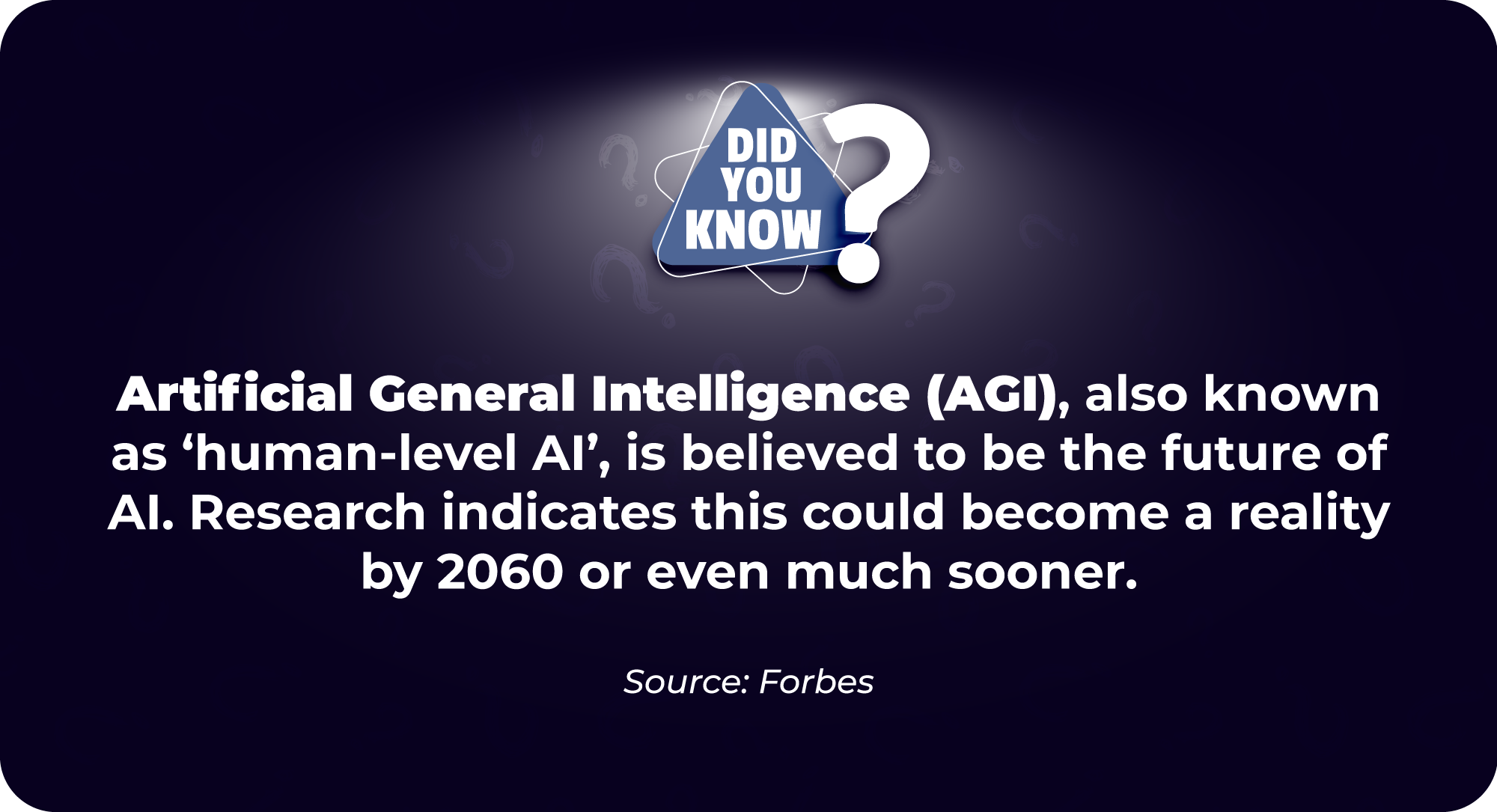
What the future holds for AI
An entire digital universe that has a world within a world will soon become a reality with AI and Machine Learning. The future of technology is immersive but is it all good? There’s an interesting sci-fi short story written by EM Forster called The Machine Stops. In it, Forster portrays a society that’s dependent on machines. The story, in a way, highlights the possibility that if you hand over the management of civilisations to machines, you could lose the incentive to understand yourself or others around you. The author also suggests that sustaining human life like this would be hard. The modern argument, however, is that AI will create more jobs than it’ll destroy. But those jobs will require a specific skill set.
Furthermore, in the near future, we will be having conversations revolving around the sustainable and ethical side of AI because of the pace at which we are growing. On the moral side, it will be challenging to lay out a code of conduct for these machines. “Who will regulate what?”—might be an intriguing thought to reflect on in the meantime as we witness more significant AI developments.
